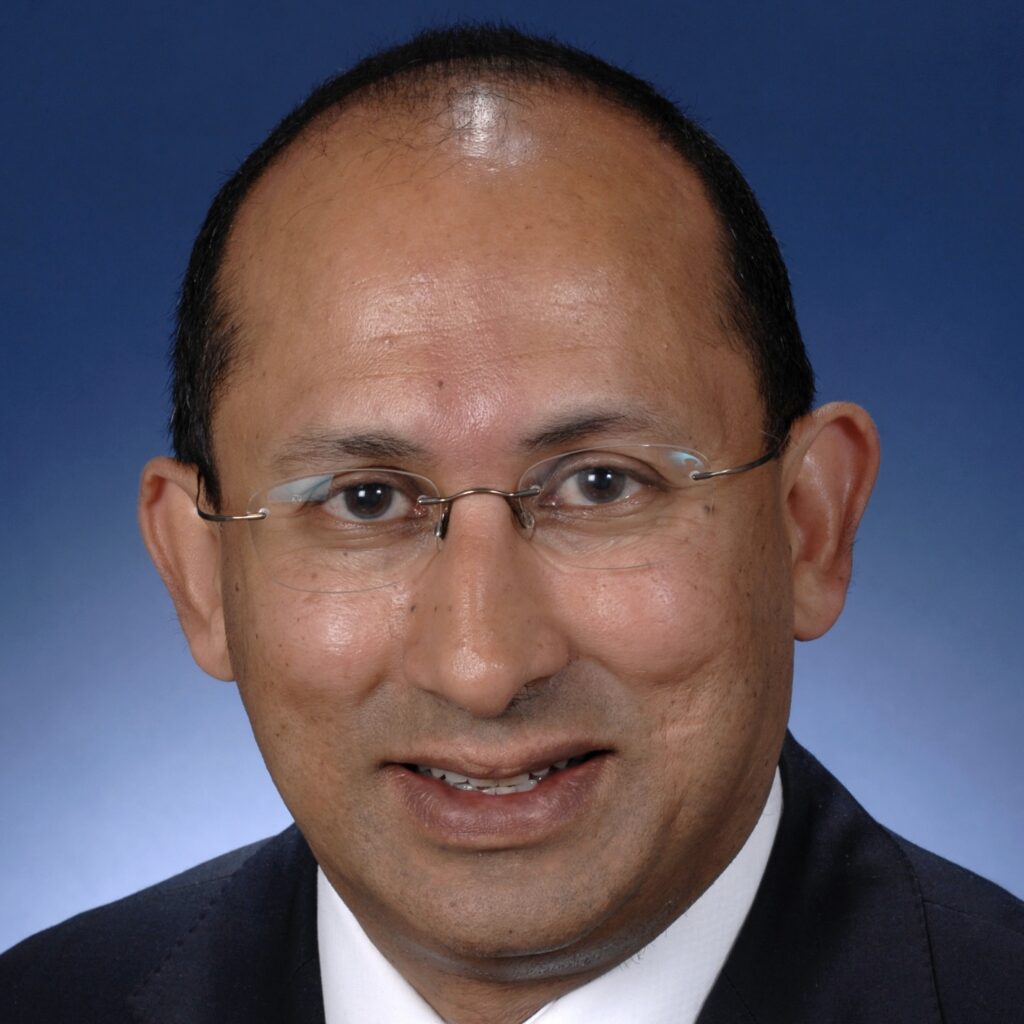For China watchers, there’s a grim irony contained in the 14 principles that former senior official Peter Varghese recommends in his long-awaited review into national security think tanks, released last week.
Fourteen was also the number of grievances the Chinese embassy notoriously unveiled in 2020 and that Beijing expected to be addressed if diplomatic relations were to improve – the 10th of which was defunding the Australian Strategic Policy Institute. Beijing hasn’t quite got its way through the recommendations of Varghese, who is now chancellor of the University of Queensland. But the embassy’s champagne stocks may be a little depleted once its officials have measured his list against their own.
Beyond the impact on ASPI itself, there is a deeper danger in the principles, accepted by the Albanese government: the push to exercise more control over think tanks and to dampen the contestability that researchers provide.
ASPI was set up in 2001 precisely to contest the advice that the Howard government was receiving from the Department of Defence. We have since grown into a broader national security think tank that looks at modern threats ranging from cyber and disinformation to authoritarian abuses of power in places such as China’s Xinjiang.
We are recognised globally for our groundbreaking work on China—none of which is convenient to the government’s narrative of diplomatic stability with Beijing. The idea that the security issues ASPI has pursued independently—and often well ahead of national and global trends—may in future be given the thumbs up or down by ministers and bureaucrats is deeply unsettling. Yet the Varghese report recommends this command-and-control approach.
After delivering the 50-page report, Varghese then wrote an op-ed in The Australian at the weekend responding to the responses to his report. This is ironic given his report’s criticism of ‘op-ed overreach’. The problem with Varghese’s insistence that we all just need a Bex and a good lie-down is that a veritable chasm exists between his rhetoric expressing support for think tank independence and the actions he’s actually recommending.
First, think tanks would have to bid against one another for operational funding. That sounds superficially appealing, but if two institutes are competing for a grant and one has been nicer to the sitting government, who is better placed? Not all think tanks will resist self-censorship when they know fearless critiques may jeopardise future funding.
Second, ministers and their departments would set priorities for research, meaning anything that didn’t match the government’s agenda or was sensitive could be discouraged.
If an organisation wanted to look at China’s political and hybrid warfare, or the rapid and opaque modernisation of the People’s Liberation Army, this might not go ahead if it didn’t suit the government. The government’s response here went further than Varghese by adding ministers, not just department heads, as gatekeepers.
Third, the government will require government officials to sit on think tank councils, making them at least an observer during think tanks’ internal deliberations and perhaps even a voice to influence meetings. Again, the government’s response went further than Varghese’s recommendations.
This is inconsistent with the many other organisations that receive federal funding.
And while Varghese points out some entities already have government officials on their boards, he leaves unanswered his own question of whether they have had independence compromised. The answer is yes, a government official sitting on a non-government board likely has impact, including to censor criticism.
Fourth, specific federally funded research projects would be ‘co-designed’ by bureaucrats, potentially putting guardrails on the researchers’ instincts.
The government gives grant money to the arts but nobody expects a bureaucrat to stand over the artists telling them how to stage a performance of Hamlet or do an interpretative dance.
Finally, there is the shutting of support for ASPI’s Washington office. Here, Varghese appears simply not to understand the role of think tanks’ overseas offices—saying it’s a problem ‘having ASPI freelance’. Freelance is a synonym of independence and, to be clear, we are independent and not there to push the views of the government of the day.
We are there to foster debate on issues that are important to Australia and its people, such as Indo-Pacific security and global rules. This has long-term value.
ASPI is known and respected across the political aisle in Washington for its nonpartisan and hard-hitting work, with many in the US House of Representatives and the Senate, including incoming secretary of state Marco Rubio, citing our research numerous times.
So it makes zero sense that the Australian government would narrow rather than expand Australia’s options for engaging with Washington when the US is moving into a new Trump administration that will bring challenges for the Australian bureaucracy.
Varghese himself acknowledges that the kind of contestability ASPI was established to provide is essential and refers to our research as ‘groundbreaking’. Regrettably he also refers to our China research—on human rights abuses in Xinjiang and Beijing’s interference in Australia and other countries—as controversial. Let’s face it, it was controversial only in the sense that Beijing didn’t like it.
Some of this review’s recommendations are reasonable and welcome, but the problems at its heart represent an abandonment of principles that successive governments for more than 20 years have recognised and respected.
Still, ASPI believes in our mission to pour sunlight on security threats to Australia and to help improve understanding—whether among policymakers or the public—of the steps needed to keep ourselves safe. We will continue to build on our proud legacy—because this work has never been more vital.

